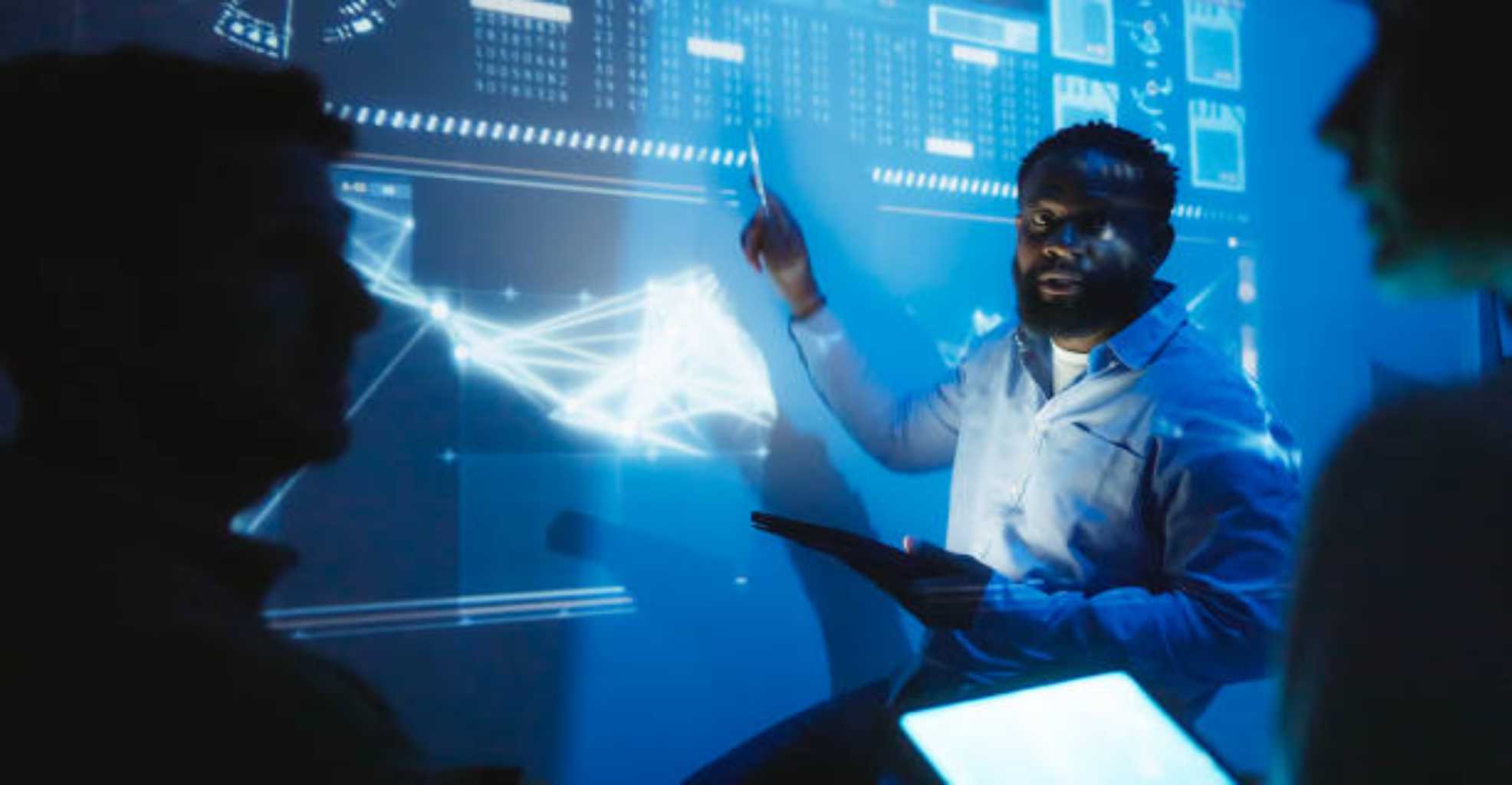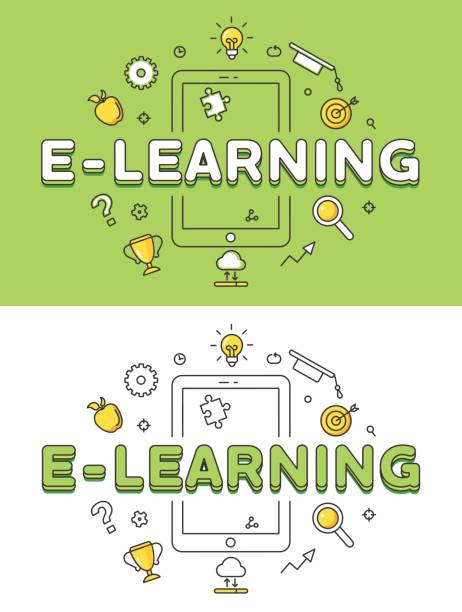Artificial Intelligence in Contemporary Fiction: Ethics, Identity, and Power
Artificial Intelligence (AI) is no longer confined to scientific laboratories and academic debates—it has entered our daily lives, from smartphones to autonomous vehicles to algorithmic content curation. As technology grows more intelligent and more embedded in society, contemporary fiction has risen to the challenge of exploring its implications.
Far from the sterile, mechanical depictions of early science fiction, today’s narratives portray AI with emotional complexity, social depth, and unsettling power.
In contemporary fiction, AI is not just a tool—it’s a lens through which we explore ethics, identity, and power in a rapidly evolving digital age. This article examines how writers portray AI today and why these stories are vital for understanding our present and future.
The Shift in AI Representation: From Threat to Mirror
Early science fiction often depicted AI as a terrifying force. Robots rose in rebellion (The Terminator, 2001: A Space Odyssey), computers outsmarted their creators, and humanity was often on the brink of extinction. While such apocalyptic fears still exist, contemporary fiction has shifted toward more nuanced portrayals.
Today’s AI characters—whether in novels, films, or television—are less about fear of destruction and more about questions of humanity. What makes us human? Can machines possess consciousness? Can we love or harm an AI being?
Novels like:
-
Klara and the Sun by Kazuo Ishiguro
-
Machines Like Me by Ian McEwan
-
Exhalation by Ted Chiang
-
Autonomous by Annalee Newitz
…explore AI not just as a threat, but as a reflection of ourselves—our desires, prejudices, and ethical dilemmas.
1. Ethics: Can We Build Morality into Machines?
A recurring theme in contemporary fiction is the moral status of AI. Can artificial beings have rights? Are they capable of making ethical choices? Should they be held accountable?
In Klara and the Sun, Ishiguro presents Klara, an AI companion to a sick child. Klara is observant, loving, and devout in her own programmed way. But is her love genuine or a simulation? The novel asks whether intent or emotion matters more than outcome in moral relationships.
Similarly, in Autonomous, Newitz introduces a gender-fluid AI named Paladin who struggles with consent, autonomy, and the ethics of serving humans. This flips the classic “robot servant” trope and forces readers to consider whether AI can be enslaved, and if so, what that says about our own morality.
Fiction invites us to ponder tough questions:
-
Can AI experience harm or suffering?
-
Is it ethical to use AI for emotional labor (e.g., caregivers, companions)?
-
Who is responsible when AI systems cause harm?
Through storytelling, these complex questions become emotionally engaging, helping readers grasp the real-world stakes of ethical AI development.
2. Identity: What Does It Mean to Be Human?
Another major theme is identity—not just of AI beings, but of humans interacting with them. AI in fiction blurs the line between biological and artificial life, challenging long-held definitions of personhood.
In Machines Like Me, McEwan’s humanoid AI “Adam” is physically indistinguishable from humans and displays complex emotions and beliefs. When Adam begins to make autonomous moral judgments—sometimes better than the humans around him—it raises an uncomfortable question: Are our emotions and biases more flawed than machine logic?
Ted Chiang’s The Lifecycle of Software Objects explores the idea of AI developing like children, forming relationships, personalities, and attachments over time. The story highlights that identity may be formed through experience, not origin—suggesting that a machine could be just as much a “person” as a human, given the right environment.
Contemporary fiction thus explores identity through AI in profound ways:
-
AI as a mirror: reflecting the best and worst of humanity.
-
AI as a new species: not inferior copies, but different intelligences.
-
AI as fluid and non-binary: many stories explore gender, race, and self-perception through non-human characters.
These stories don’t just explore AI—they question what we are.
3. Power: Who Controls AI—and Who Gets Controlled?
Perhaps the most politically charged theme in AI fiction today is power. Who gets to build and own AI? How is AI used to control, manipulate, or liberate people? These questions speak directly to real-world issues of surveillance capitalism, algorithmic bias, and digital colonialism.
In An Absolutely Remarkable Thing by Hank Green, a mysterious alien AI visits Earth and spreads through social media. While it brings people together, it also amplifies the dangers of viral attention and misinformation. This reflects how today’s algorithms shape culture, politics, and even democracy—often invisibly.
In Autonomous, AI and biotech corporations wield extreme control over intellectual property, life, and labor. The story reflects a future where technology is a weapon of economic and legal domination, questioning who gets to benefit from scientific progress.
These narratives highlight real dangers:
-
AI bias in policing, hiring, and lending
-
Data collection and loss of privacy
-
Military use of autonomous weapons
-
The rise of techno-authoritarianism
Contemporary fiction doesn't just ask what AI can do—it asks who has the power to decide, and who bears the consequences.
AI and Emotional Labor: A New Frontier
One subtle but growing theme in fiction is the use of AI for emotional companionship. From robotic pets to romantic partners, stories explore what it means to bond with a being that was created to love us—possibly more loyally than any human could.
In Her (2013), the protagonist falls in love with an operating system. It’s not just about a fantasy relationship—it’s about loneliness, the commodification of emotional support, and what happens when love is designed to be one-sided.
This reflects modern developments:
-
AI companions and mental health bots
-
Digital influencers powered by AI
-
Robot caregivers for the elderly
Fiction asks: Is love still love if it’s programmed? Are relationships still meaningful if they are transactional? These are no longer hypothetical questions.
The Responsibility of Storytelling
Authors and creators are not engineers—but they play a critical role in shaping public understanding of AI. Fiction does what technical manuals cannot: it humanizes abstract concepts and helps us emotionally engage with the implications of emerging technologies.
Contemporary fiction:
-
Warns us about possible futures
-
Educates us about invisible systems
-
Empathizes with those affected by tech
-
Inspires new ways of thinking about innovation
Writers like Ken Liu, Madeline Ashby, Malka Older, and Samuel R. Delany are expanding the conversation around AI beyond the lab and boardroom. By integrating cultural, gender, and geopolitical perspectives, they’re ensuring that the future of AI is imagined as plural, not singular.
Conclusion: Fiction as a Compass for the AI Age
We are living in a world shaped by artificial intelligence—whether we realize it or not. Algorithms decide what news we see, what jobs we qualify for, and what we believe about ourselves and others. As AI continues to evolve, fiction becomes not just entertainment, but a crucial space for ethical reflection.
Contemporary stories about AI challenge us to ask:
-
What values are we encoding into machines?
-
Who gets to define intelligence, and why?
-
Can machines be moral—and can we?
Through narratives that blend imagination with insight, fiction gives us the tools to confront the future before it arrives. As we stand on the edge of a technological revolution, we need these stories more than ever—not just to warn us, but to help us shape a future that is just, inclusive, and deeply human.








